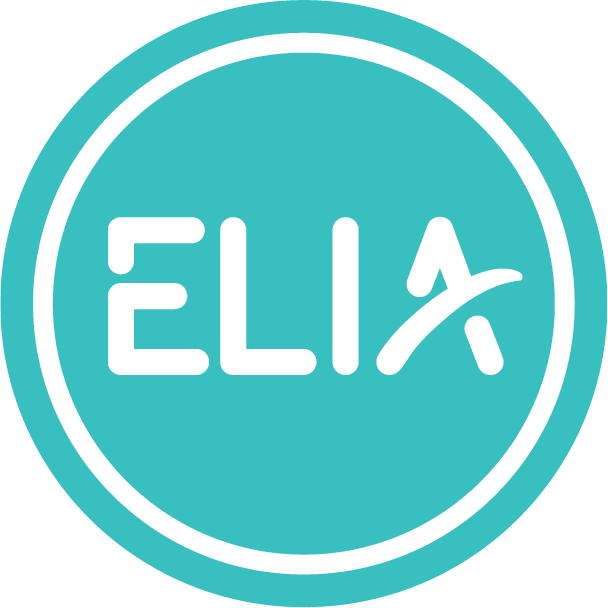7 Dimensions of Wellness
Wellness is much more than a state of physical health or decision to eat well. It is a lifelong journey of growth and balance, which contributes to your longevity and quality of life. Wellness is not static and varies over time according to changing lifestyle habits and life circumstances. It is crucial to monitor your wellness regularly and work towards continual growth and attaining the right balance so you can thrive.

Emotional
A state when you are personally feeling great, have the ability to understand and improve yourself, as well as having empathy and understanding of other people’s emotions. Emotionally thriving involves having the mindset and mastering the tools that enable you to work through stressful situations and handle negative emotional events. It is also about dealing with phobias, anxieties, and depression with the goal of experiencing a positive emotional outlook.

Physical
Having vibrant physical health and the prevention of disease in your body. Aspects of physical health include how you move your muscles through exercise and their capacity to stretch. Additionally, it is important to provide energy through optimal nutrition and hydration as well as understand how your dietary intake can help or harm your body and impact your gut microbiome. Your daily and weekly rest patterns are also crucial to healing and being physically energised. Likewise, the avoidance of harmful drugs and negative lifestyle choices will further assist your wellness.

Social
Enjoying satisfying relationships and having good social support from your family, peers, friends and your community. Aspects include the ability to communicate effectively by expressing your feelings, needs, and opinions. Additionally, maintaining intimacy and having good conflict management skills to engage positively with your social group are also important features. These relationships can be strengthened through the appreciation and engagement of personal cultural history. This will further assist in positively building your identity and your community.

Vocational
Using your skills and talents to express your values and achieve fulfilment in life. This includes your professional career and its financial benefits to your lifestyle, unpaid work and giving back to your community through service. The extent of your enrichment is dependent on your attitude towards these activities and the ability to create balance between your various roles and responsibilities.
Spiritual
Having a strong connection to something bigger than yourself that gives you meaning in your life and hope for the future. The act of expressing love, faith, compassion, grace, forgiveness, gratitude are central to spiritual wellness. Spiritual connectedness is about a personal understanding of the value of life and brings all the dimensions of wellness together to help you live your best life.

Intellectual
Approaching life with a mind-set of life long learning. Realising your potential involves developing your talents and skills with an understanding of your life’s purpose. Additionally, achieving optimal intellectual stimulation, with adequate time for reflection and critical thinking is crucial to achieving a more satisfying life. Making the most of opportunities to learn, express your creativity and share knowledge and experiences enhances your personal growth, contribute to society and improve your wellness.

Environmental
Interacting positively with the environment on a local, community and global level. Improving your personal footprint and understanding how your surroundings impact your personal wellness is vital. This involves having clean air to breathe, obtaining adequate sunlight, optimising nature’s resources and engaging with blue and green spaces for rejuvenation while avoiding toxic substances and noise pollution.
